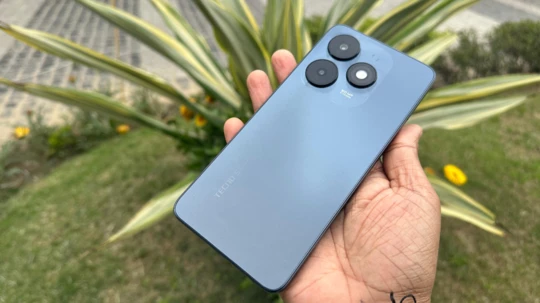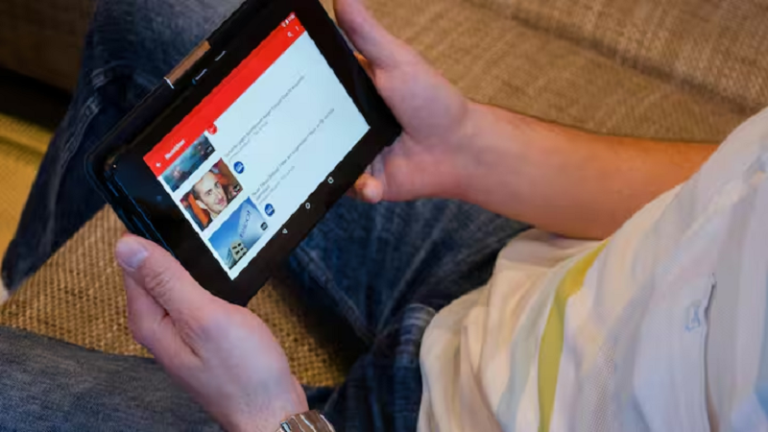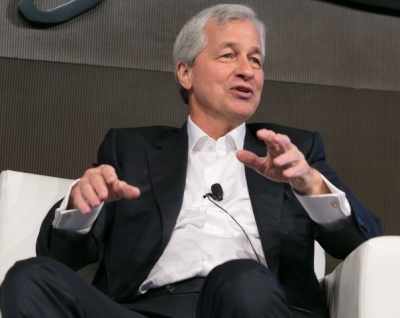ONDC starts pilot to onboard street food vendors in Delhi, Lucknow

The Open Network for Digital Commerce (ONDC), a government-backed interoperable network, has initiated a pilot project aimed at bringing street food vendors in Delhi and Lucknow on board, as they aim to expand at a faster pace.
The plan is to onboard 500 street food vendors in the next 1-2 months in Delhi and Lucknow. Following the pilot’s success, the network will be scaled up nationwide with more seller and buyer apps.
There is also an effort to explore sustainable ways for demand generation with various buyer applications on the network. In Delhi, the pilot has started with Zomato-backed Magicpin, which has brought two street vendors in the Saket locality of the city – Krishna Chaat Bhandaar and Free Plates – to the network.
The e-commerce startup will provide the vendors with extensive training through its on-ground representatives, facilitate digitisation, and enable them to accept payments through mainstream banking channels. Once onboarded, vendors will gain access to the platform’s 10 million users.
Anshoo Sharma, CEO and
co-founder of Magicpin
said, “We’re currently running a pilot initiative aimed at onboarding 500 FSSAI-accredited street vendors in Delhi and Lucknow within the next 3-6 months.”
Meanwhile, the Zomato-funded company has also made a foray into
logistics aggregation
. It will act as an aggregator of its third-party logistics(3PL) partners such as Shadowfax, Dunzo, Rapido, Porter, OLA, and Zypp for backend supply, consolidating all 3PL services under one umbrella for brands and their sellers.
ONDC’s growth goals
Moneycontrol reported earlier that
ONDC’s transaction volume
grew 15 percent to over 7.5 million in February from the previous month.
The interoperable network clocked 6.5 million transactions in January. In effect, the average number of daily transactions on the network grew 23 percent to over 258,000 in February, which is a shorter month.
Of the 7.5 million transactions, 3.8 million were in the ride-hailing bucket via the Namma Yatri platform. The remaining 3.7 million were retail purchases.





